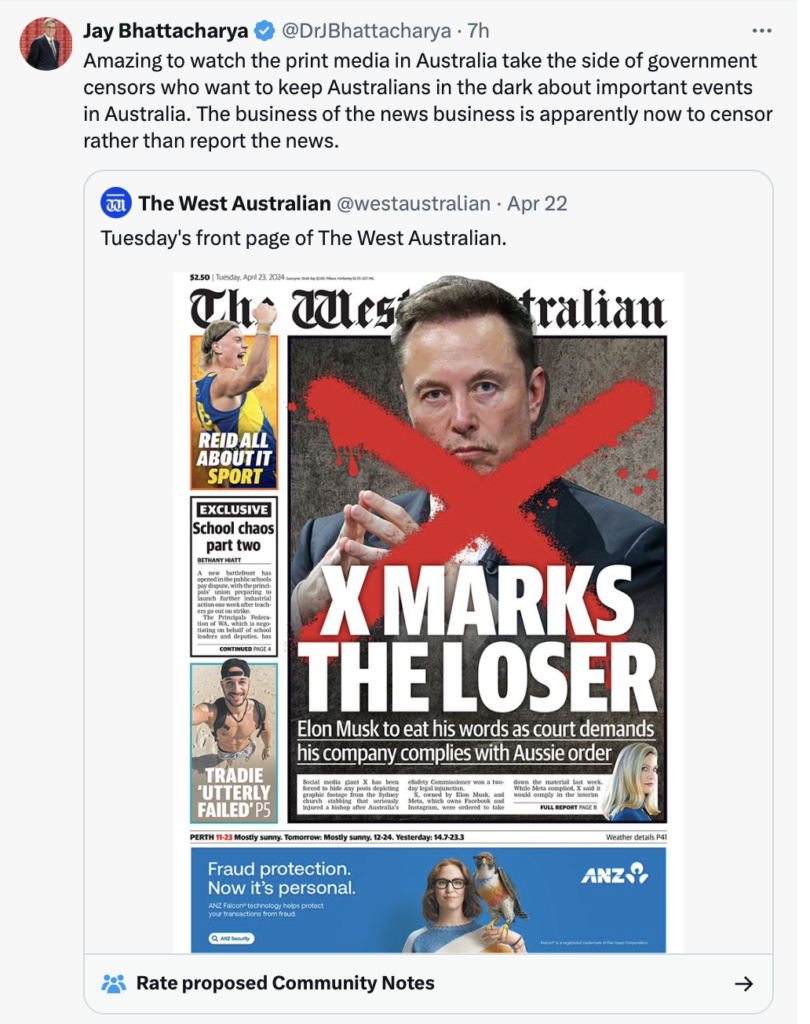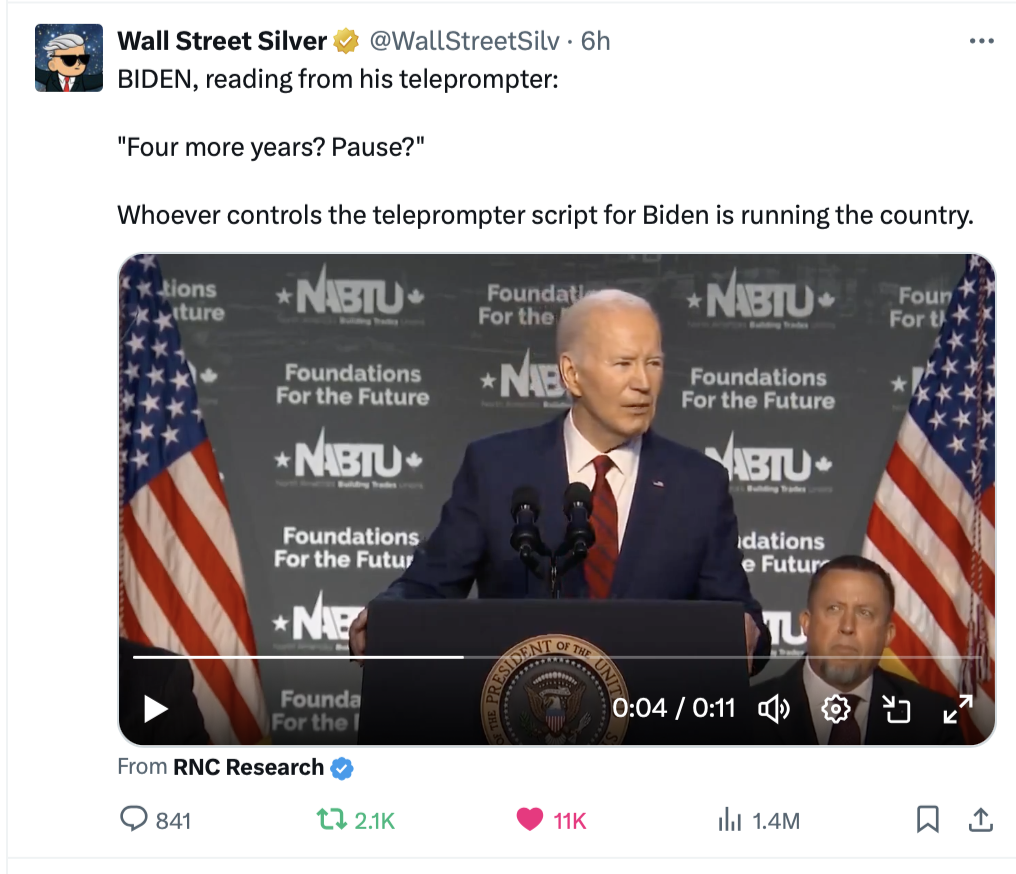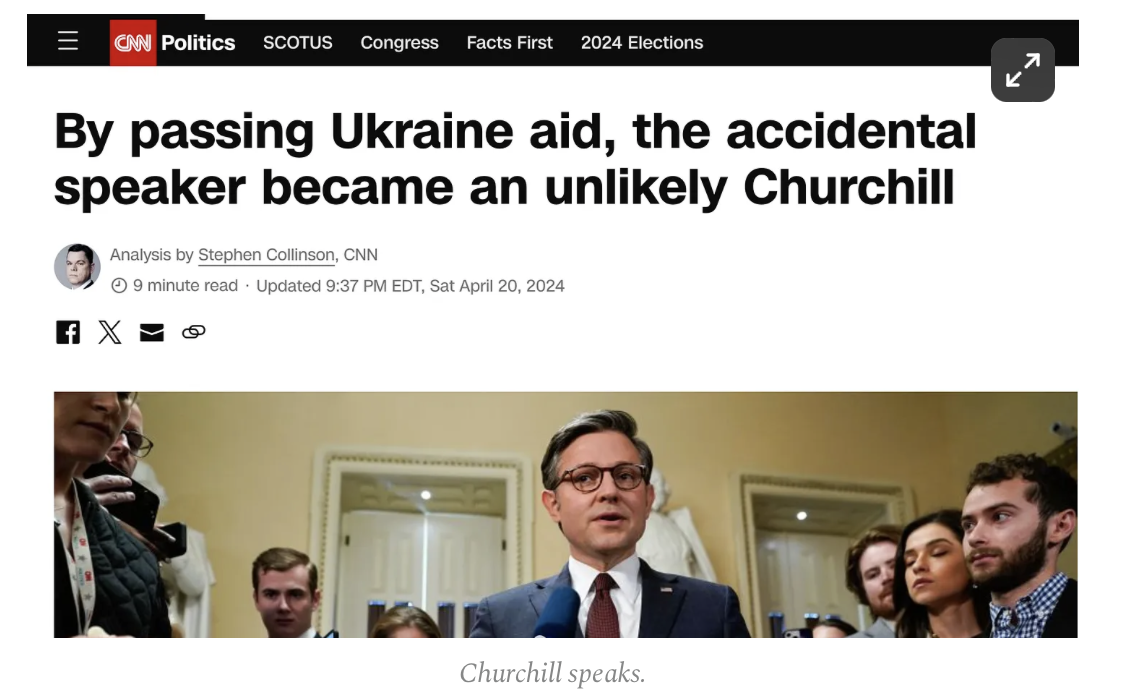Synopsis of the Corporate News Lab Leak Cover-up
This was far worse than journalism malpractice. The corporate media didn't merely conspire to be incurious. This finely-tuned coordination and the fact that reporters ran away from the evidence proves intent to cover up the very real possibility that COVID was created in a lab and financed by the United States. Drew Holden connects the dots for us:
UCLA Medical School Teaches that Weight Loss is a “Hopeless Endeavor”
Hmmm. Then I know a bunch of people who have done what it is impossible to do.
All first year students are assigned an essay by Marquisele Mercedes, a self-described "fat liberationist," who "describes how weight came to be pathologized and medicalized in racialized terms" and offers guidance on "resisting entrenched fat oppression," per the syllabus
Meanwhile, in Australia, a “News” Outlet Applauds Censorship
Dr. Jay Bhattacharya, a plaintiff in the case of Murthy v Missouri (pending before the U.S. Supreme Court), a man who was censored by a highly coordinated group of organizations financed and instigated by the U.S. Government, notices a purported news organization applauding censorship (of X, run by Elon Musk):

Someone Please Explain These Developments on FISA and the Non-Stop Funding of Wars
Matt Taibbi is flummoxed. So am I. Any curious person would be. Matt tries to explain what happened in he recent article: "A Saturday Massacre in CongressOn a Saturday to mark and remember, congress funds two wars and hands the intelligence agencies sweeping new surveillance power, getting nothing in return."
Please. Someone tell me who is moving the levers of power in DC and how? Matt Taibbi offers this:
Mike Johnson is now Winston Churchill. All he had to do was give the NSA unlimited spying power, overrule constituents about funding two wars, and support allowing government to block a platform used by 60 million Americans.
In return he got: nothing. No immigration reform, no articulation of benchmarks or a plan for success in Ukraine, no accounting for past spending, no insistence on warrants to spy on Americans, no concession that FISA can only be reauthorized by Congress, no claw-back of a major new “Everybody is a Spy” surveillance ask. Johnson traded his starting lineup for the proverbial bag of balls.
History will look back at a moment below from April 12th, just before the House passed FISA, and wonder about a last comment from Johnson. The Speaker talks about being originally horrified by the “terrible abuses, hundreds of thousands of abuses” of FISA by the FBI.
But “then when I became Speaker, I went to the [secure briefing room] and got a confidential briefing” from intelligence officials, and heard “sort of the other perspective on that.” It “gave him a different perspective.”
Regarding FISA, Reason explains what was at stake in an article titled "Revised Section 702 Surveillance Authority Poses More Danger Than EverNew language could make almost anybody with access to a WiFi router help the government snoop."If this became law, millions of American small business owners would have a legal obligation to hand over data that runs through their equipment," caution former Rep. Bob Goodlatte (R–Va.) and former Sen. Mark Udall (D–Colo.), both now with the Project for Privacy and Surveillance Accountability. "And when they're done with doing their part in mass surveillance, these small businesses would then be placed under a gag order to hide their activities from their customers."
It seems like Glenn Greenwald is thinking more bad things are happening than he is willing to articulate at this time. Consider this part of Glenn's monologue: [More . . . ]
- Go to the previous page
- 1
- …
- 85
- 86
- 87
- 88
- 89
- 90
- 91
- …
- 2,027
- Go to the next page




